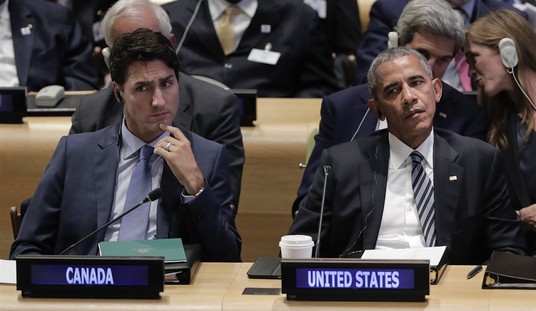The conflict in the Middle East is escalating rapidly.
Palestinian militants have attempted to hit Israel’s commercial capital, Tel Aviv, with missiles fired from Gaza.
Residents took cover after air raid sirens alerted them to a missile threat for the first time in two decades, but there were no casualties.
Israel’s defence minister authorised the call-up of 30,000 reservists.
Three Israelis were killed by rockets from Gaza earlier, while 15 Palestinians have been killed in two days of Israeli attacks on Gaza.
Hamas, the majority elected government in the Palestinian territories, targeted Israel’s nuclear facility yesterday. That’s a first. Hamas rockets are probably less accurate than the average firework, but they create terror. Imaging trying to get your kid to school, and you’re dodging rockets all of a sudden.
That’s no way to live, and Israel does not intend to live with it.
Late in the day, Israel signaled a ground operation may be imminent as forces moved toward the border area with Gaza. At least 12 trucks were seen transporting tanks and armored personnel carriers, and a number of buses carrying soldiers arrived. Israeli Defense Minister Ehud Barak said he had authorized the army to call-up additional reservists for possible action. The army said it was prepared to draft up to 30,000 additional troops.
“I ordered the military today to widen the draft of reserve soldiers in order to be able to be ready for any development,” Barak said. Military officials said the moves were to prepare for the possibility of a ground invasion, but stressed no decision had been made. Israel TV stations, however, said a ground offensive was expected Friday.
In the old Middle East, before the Arab Spring, conflicts between the Israelis and the Palestinians could generally be expected to follow a pattern and die away predictably. There would be a series of terrorist attacks or missile launches against Israeli civilians, followed by a Israeli campaign and series of surgical strikes to eliminate terrorist leaders and/or terrorist installations. The world would urge restraint on Israel to avoid civilian casualties, seldom acknowledging that Hamas explicitly attempts to kill civilians. The neighboring countries could be expected to make generally pro-Palestinian noises but in fact do nothing to help the Palestinians, aware that Israel could take care of itself and that it had a very big brother watching events from afar. Egypt in those days was nominally an ally of both Israel and the United States. Now Egypt is led by the Muslim Brotherhood, whose ideology gave rise to Hamas itself. Egypt could switch sides. Syria, engulfed in a civil war, could decide that the best way to unify its people is to attack someone else. That’s standard domestic policy in some parts of the world. How about Jordan? Well, Hashemite King Abdullah has a small ball Palestinian uprising of his own to deal with. Palestinians do make up Jordan’s majority, they just don’t have any real power there.
In the current environment, the United States is in the middle of purging some of our top generals, and we face a fiscal cliff in six weeks. That fiscal cliff will slice and dice the US military in ways that would shock the majority of Americans, if they knew about it or cared. Our recently re-elected president is saying the right things about Israel so far, but that doesn’t make up for four years of obvious hostility toward our strongest ally in the Middle East. It also doesn’t make up for his obvious affinity for the rise of Islamist governments in the region.
If there was ever a time for the Islamists to wage a full campaign against Israel, it’s tough to imagine a more fortuitous time than now.








Join the conversation as a VIP Member